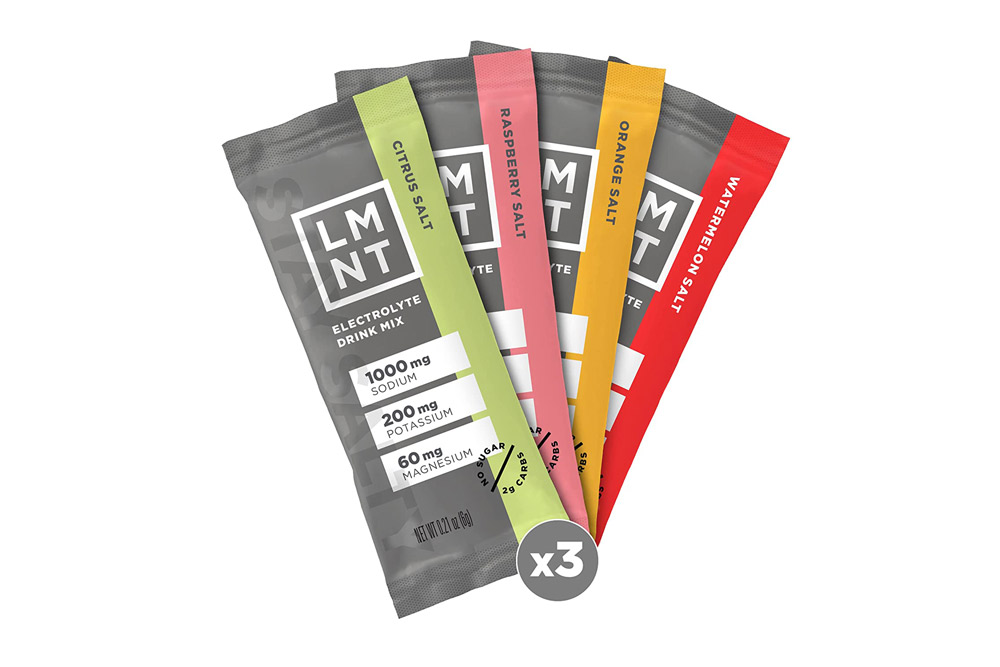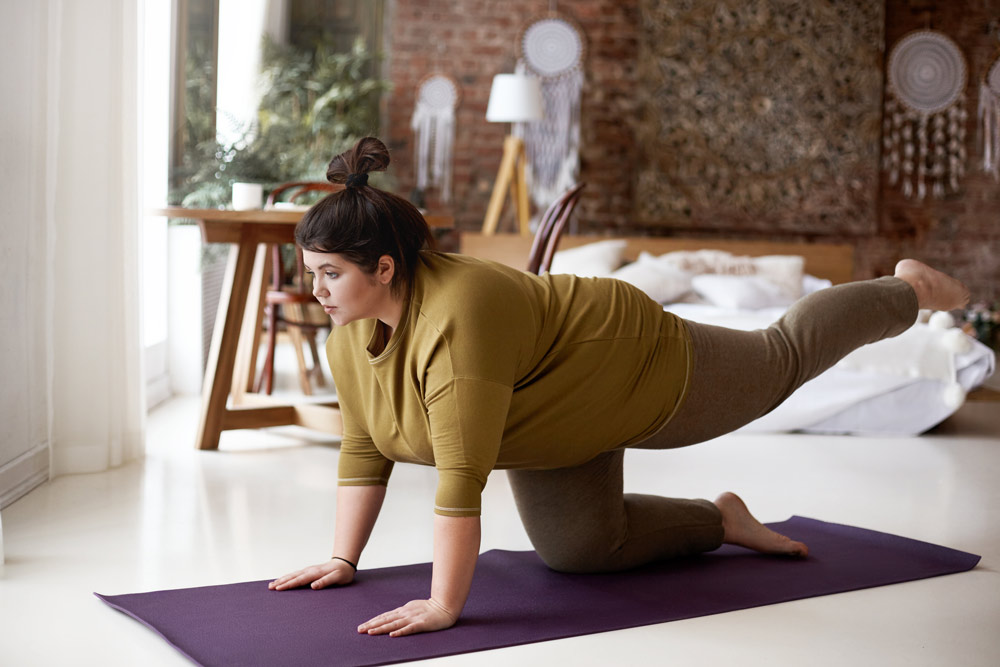Exercising regularly is one of the most important things you can do for your overall health and well-being. It can help you maintain a healthy weight, improve your cardiovascular health, and reduce your risk of chronic diseases such as diabetes and heart disease. In this comprehensive guide, we will explore the benefits of regular exercise, provide tips on how to make it a part of your daily routine, and share real-life success stories of how regular exercise has improved the health and wellness of others.
The Benefits of Regular Exercise: Why It’s Important for Your Health
- Weight Management: Regular exercise is an effective way to maintain a healthy weight. When you exercise, you burn calories and increase your muscle mass, which can help you lose weight or maintain a healthy weight.
- Cardiovascular Health: Exercise is essential for maintaining a healthy heart. It can help lower your blood pressure, improve your cholesterol levels, and reduce your risk of heart disease.
- Chronic Disease Prevention: Regular exercise can also reduce your risk of chronic diseases such as diabetes and certain types of cancer. It can also improve your overall quality of life by reducing symptoms of depression and anxiety.
- Improves Mental Health: Regular exercise can help improve your mood and reduce symptoms of depression and anxiety. It can also improve your cognitive function, making it easier to focus and concentrate.
“Exercise is essential for maintaining a healthy heart. It can help lower your blood pressure, improve your cholesterol levels, and reduce your risk of heart disease.”
– CDC – Exercise and Physical Activity: Your Everyday Guide from the National Center for Chronic Disease Prevention and Health Promotion
Strategies for Incorporating Exercise into Your Daily Routine
Making exercise a regular part of your life can be challenging, but there are several strategies you can use to make it easier. Here are a few tips to help you get started:
- Set realistic goals: Start by setting achievable goals for yourself. This could be something as simple as taking a walk around the block every day or committing to a 30-minute workout three times a week.
- Find activities you enjoy: The key to sticking with an exercise routine is to find activities that you enjoy. Whether it’s cycling, swimming, dancing, or playing sports, choose something that you look forward to doing.
- Make a schedule: Create a schedule that works for you and stick to it. This could mean working out in the morning before work, during lunch, or in the evening after dinner.
- Get social: Exercise is more fun when you do it with friends. Find a workout buddy or join a class to make exercise more enjoyable.
- Track Your Progress: Keeping track of your progress can help you stay motivated. Use a fitness tracker, take progress pictures, or write down your achievements.
“Regular exercise can also reduce your risk of chronic diseases such as diabetes and certain types of cancer. It can also improve your overall quality of life by reducing symptoms of depression and anxiety.”
– Mayo Clinic – Exercise: 7 benefits of regular physical activity
Tips for Incorporating Exercise into Your Daily Routine
- Set realistic goals
- Find activities you enjoy
- Make a schedule
- Get social
- Track your progress
- Remember, consistency is key
- A little bit of exercise every day is better than none at all
Real-Life Success Stories: How Regular Exercise Can Improve Your Health and Wellness
“I used to hate exercising, but now I look forward to it. I find that when I exercise regularly, I have more energy and feel better overall.”
– John, 35
“I used to struggle with my weight, but since I started exercising regularly, I’ve lost 25 pounds and I feel great.”
– Sarah, 40
“I have always been active, but after I had kids, it was hard to find the time to exercise. I started doing online classes and now I can workout whenever I want.”
– Emily, 32
In conclusion
Regular exercise is essential for maintaining a healthy lifestyle. It can help you manage your weight, improve your cardiovascular health, and reduce your risk of chronic diseases. By setting realistic goals, finding activities you enjoy, making a schedule, getting social, and tracking your progress, you can make exercise a regular part of your life. Remember, consistency is crucial as a little bit of exercise every day.
This article is for informational purposes only and is not intended to be a substitute for professional medical advice, diagnosis, or treatment. Always seek the advice of a physician or other qualified healthcare provider with any questions you may have regarding a medical condition. Real-life examples provided in the article are not from any specific source, it is a general example based on common experiences of many people who have benefited from regular exercise.
Image by wayhomestudio on Freepik








